Alstom, a global leader in sustainable mobility with a significant presence in India and a key player in the country's Rail Revolution, has launched its Sustainable Mobility Incubation Program to address the pressing challenges of carbon emissions and urban pollution caused by road transport. The program aims to foster innovation in sustainable public transport by supporting early-stage startups. Through mentorship, collaboration, and entrepreneurship, Alstom seeks to accelerate the adoption of greener transportation solutions, contributing to a more resilient and sustainable urban future. With its network of six industrial sites and five major engineering centres, Alstom is well-positioned to support this initiative and drive the adoption of sustainable transport alternatives in India
Project Overview
The Sustainable Mobility Incubation Program is designed to address the pressing challenge of carbon emissions and urban pollution caused by road transport in India. Public transport remains a vital solution to this issue, but widespread adoption faces challenges like safety, accessibility, and last-mile connectivity. Alstom's incubation initiative seeks to accelerate the use of public transport by fostering innovation and supporting early-stage startups.
The program aims to:
- Encourage entrepreneurship in sustainable mobility.
- Create collaborative opportunities between startups and industry partners.
- Provide mentorship, funding access, and infrastructure to scale these ventures.
Since its inception in July 2022, the program has expanded over two cohorts, supporting 42 ventures through hybrid boot camps and personalized mentoring.
Key Objectives
Alstom identified several core goals for the program:
- Fostering Innovation: Encouraging new ideas and solutions within sustainable mobility by mentoring and incubating startups that address last-mile connectivity.
- Driving Collaboration: Partnering startups with industry leaders to unlock further innovation and commercial potential.
- Customized Support: Providing tailored mentorship, access to industry professionals, and funding opportunities to ensure startups have the resources necessary to grow.
Program Execution and Strategy
Alstom partnered with NSRCEL, the startup hub and incubation center at the Indian Institute of Management Bangalore (IIMB), as the primary implementation partner. NSRCEL collaborated with Climate Collective and Micelio Mobility to ensure broad reach and provide facilities for product testing and market validation.
Key elements of the program's strategy include:
- 1:1 Mentoring Sessions: Startups gain access to top industrial experts, allowing for personalized feedback and growth strategies.
- Sector Expertise: With guidance from IIMB faculty and industry experts, startups receive the knowledge and tools necessary to scale sustainably.
- Funding Readiness: The program connects ventures with venture capitalists, government grants, and alumni networks to help secure essential funding.
- Community Engagement: Through alumni networks, mixers, and virtual workshops, the program fosters a supportive ecosystem, promoting collaboration and growth.
Impact of the Program
Since its launch, the Sustainable Mobility Incubation Program has made significant strides in supporting innovation across the mobility sector. The first cohort, launched in November 2022, focused on ventures targeting sustainable mobility, while the second cohort, launched in November 2023, expanded its scope to include broader sustainability initiatives.
Cohort 1: Key Outcomes
- 78.4% of ventures reported increased readiness for innovation.
- 86% aligned their business models and value propositions more clearly.
- 80% developed strategies for scaling and financial sustainability.
Notable ventures from Cohort 1 include:
- Datoms: Financial growth of INR 20 lakhs, projected to increase to INR 70 lakhs within six months.
- Epick Bikes: Signed MOUs for 2,000 bikes with companies like Zepto.
- GoMylz: Doubled its AUM within two months following mentorship guidance.
Cohort 2: Key Outcomes
- 80% of ventures noted improvements in innovation and agility.
- 81.3% reported enhanced alignment between their business models and value propositions.
- 80% created clear strategies for scaling and financial sustainability.
Collectively, the ventures from both cohorts demonstrated impressive results:
- Carbon Emissions Reduction: Startups reduced carbon emissions by 125,854,500 kilograms, contributing to cleaner urban air.
- Job Creation: The program generated 164 new jobs, providing essential employment in the sustainability sector.
- Funding Success: Ventures secured $32 million in funding and an additional $9 million in grants.
Challenges and Solutions
The program faced challenges in providing the right level of corporate collaboration and technical support for diverse startup needs. Alstom and its partners expanded their networks to ensure access to additional expertise, ensuring startups received the necessary support to scale effectively.
Community Engagement
Alstom emphasized engaging both the startup ecosystem and broader community throughout the program. Community engagement initiatives included:
- Mixers: Events designed to foster connections between founders, mentors, and industry professionals.
- Workshops and Bootcamps: Educational sessions providing startups with crucial learning opportunities.
- Alumni Engagement: Leveraging the experiences of past participants to guide new ventures.
Innovations in Design and Implementation
The program introduced several innovative approaches:
- Business Hygiene Mentorship: Ensuring startups adhered to legal and regulatory compliance.
- Anchor Mentoring: Continuous, personalized guidance was offered to help startups navigate challenges.
- Lite Life Cycle Assessment (LCA): Implemented in collaboration with Climate Point, this tool enabled startups to measure and demonstrate their sustainable impact comprehensively.
Alignment with SDGs
Alstom’s Sustainable Mobility Incubation Program aligns closely with several Sustainable Development Goals (SDGs):
- SDG 11 (Sustainable Cities and Communities): The program advances sustainable urban mobility solutions.
- SDG 13 (Climate Action): The reduction of carbon emissions directly contributes to global climate goals.
- SDG 8 (Decent Work and Economic Growth): By creating jobs and supporting entrepreneurship, the program fosters economic development.
Takeaways
Alstom’s Sustainable Mobility Incubation Program exemplifies how corporate initiatives can drive impactful innovation. By providing startups with the resources, mentorship, and guidance they need to thrive, Alstom is advancing sustainable mobility while contributing to economic development and environmental conservation across India.




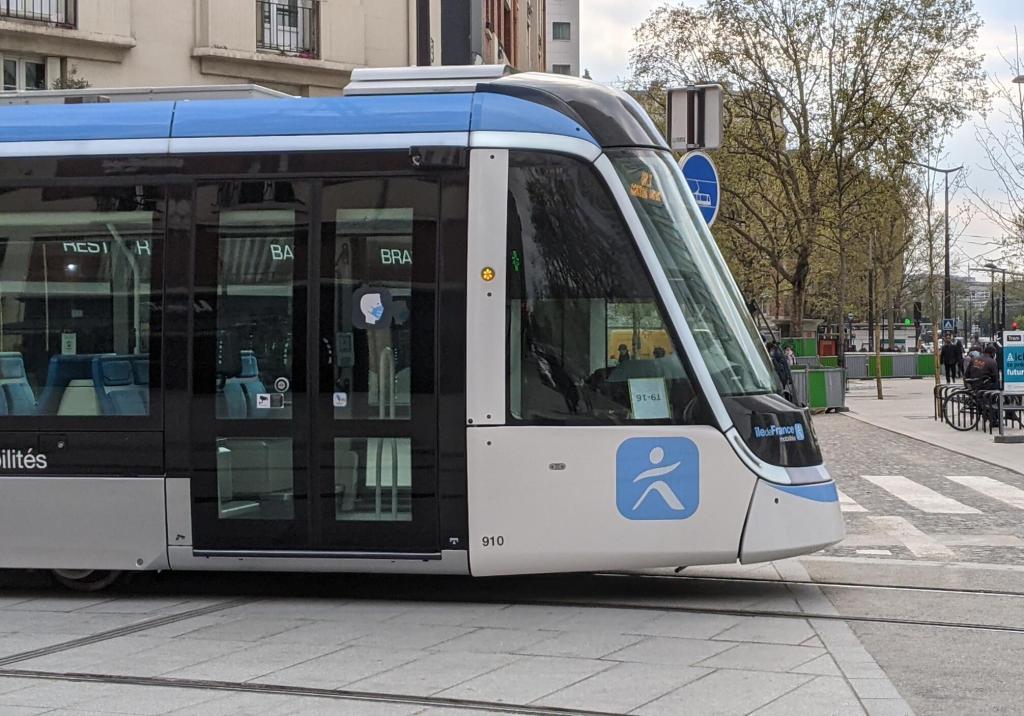
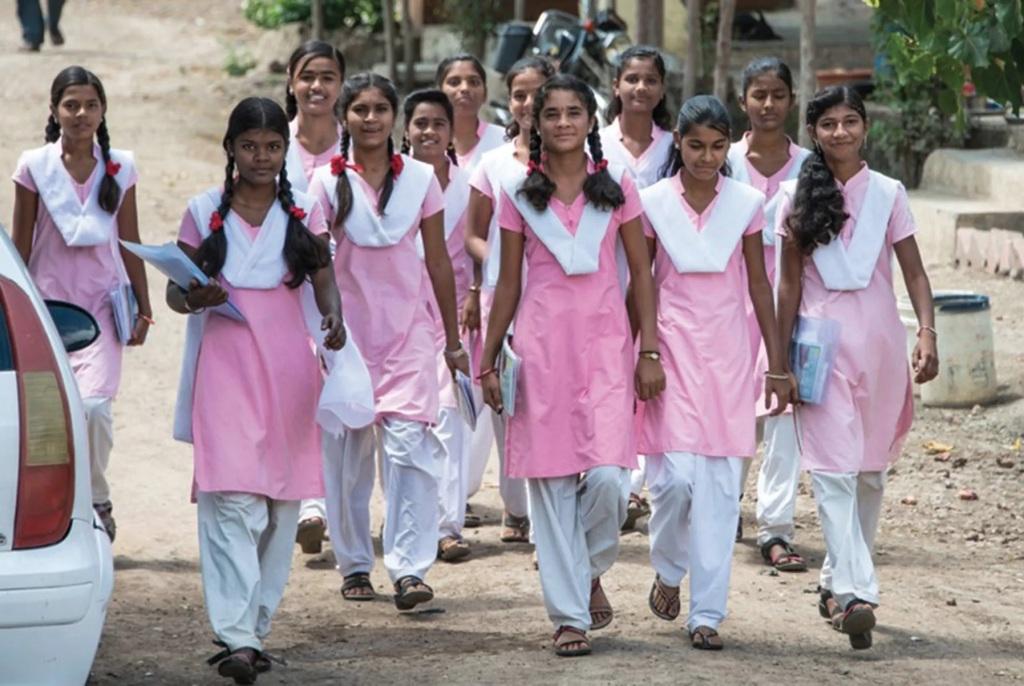


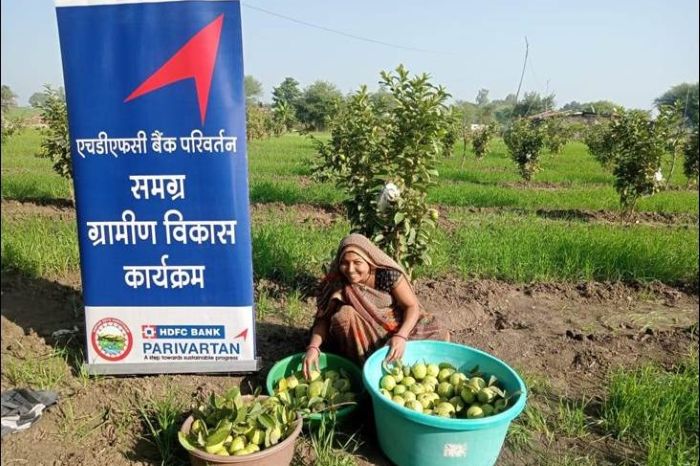
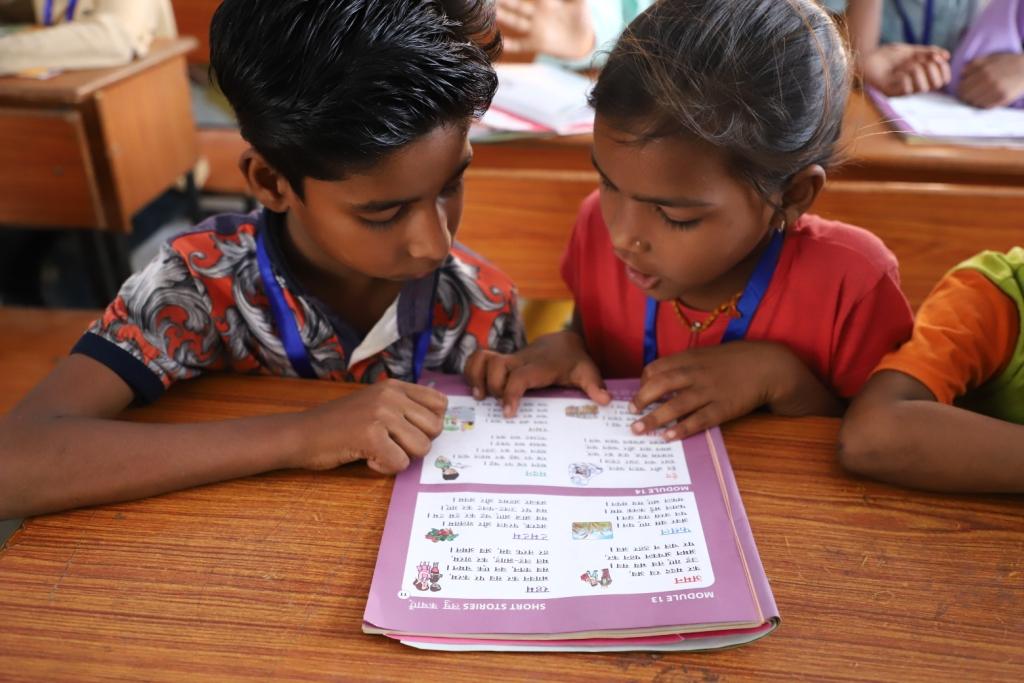
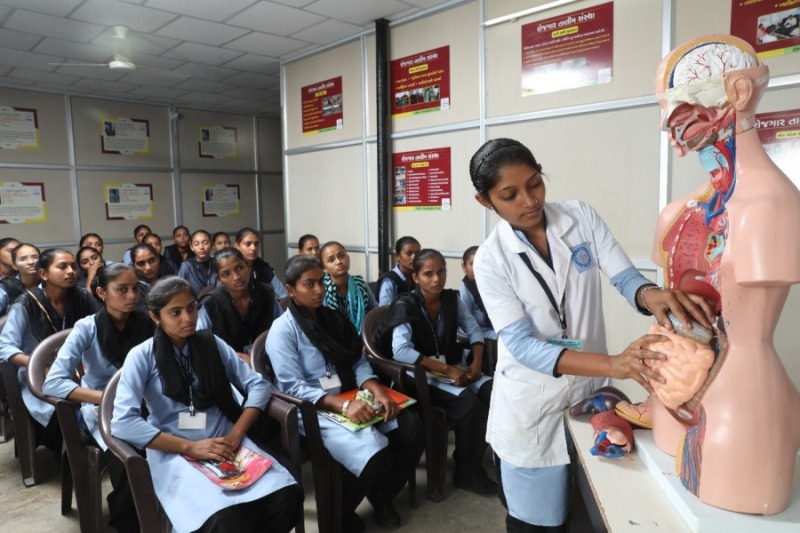

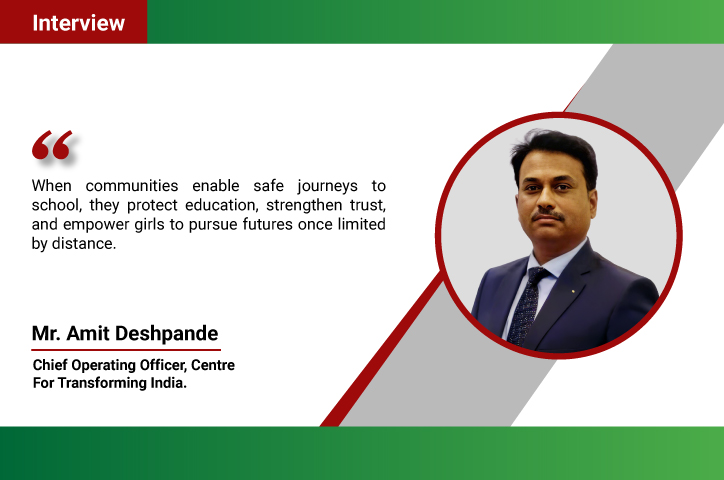






.jpg)



